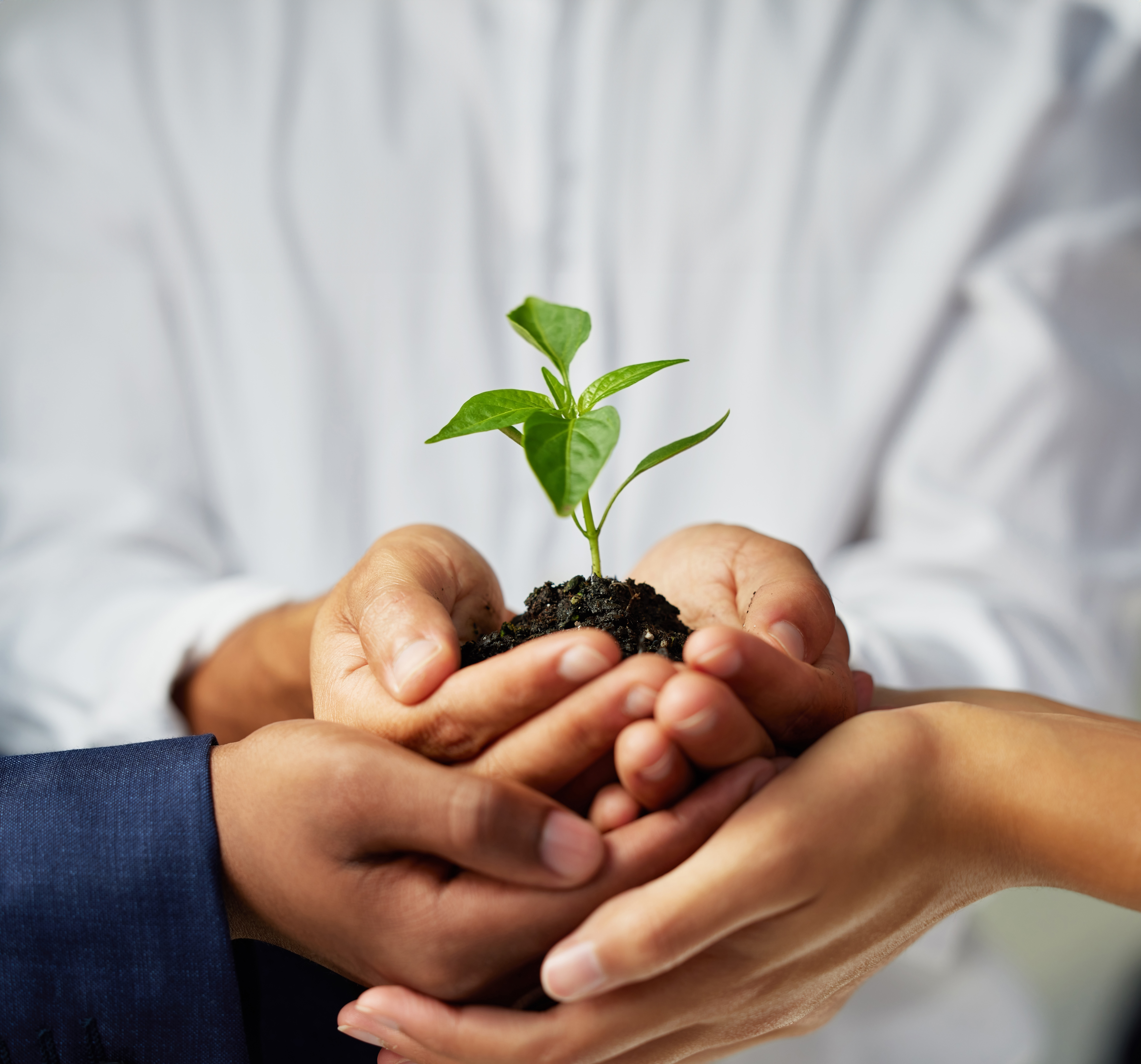Overview
In an era defined by climate change, resource scarcity, and evolving stakeholder expectations, sustainability has emerged as a pivotal driver of business success and resilience.
The Strategic Leaders in Sustainability Programme is designed to help business leaders deepen their understanding of the psychological aspects of decision making to overcome cognitive biases that hinder sustainability initiatives. The focus on sustaining sustainable behaviours and framing ecosystems ensures that leaders can create and maintain organisational cultures that prioritise and support long-term ecological stewardship.
Gain insights into the latest advancement and transformative potential of the circular economy and zero carbon emission technologies. Join us today to learn how you can implement practical strategies, and mobilise teams and partners to drive sustainable business.
- Next Course Starts On 13 November 2024See Full Schedule
- Duration13 - 15 November 2024 (3 days)
- LevelAdvanced
- VenueSingapore Management University
Topics/Structure

Who Should Attend
Fees and Funding
SGD 5450,00
(Inclusive 9% GST with effect from 1st Jan 2024)*
SGD 5000,00
(Excluding 9% GST with effect from 1st Jan 2024)
*Fee is subject to change. GST applies to individuals and Singapore-registered companies.
** Fee is subject to change. GST is not applicable to foreign based companies.
For More Information: Tel: +65 6826 1317 (Ayden Tay) Email: aydentay@smu.edu.sg
Schedule
Start Date(s):

